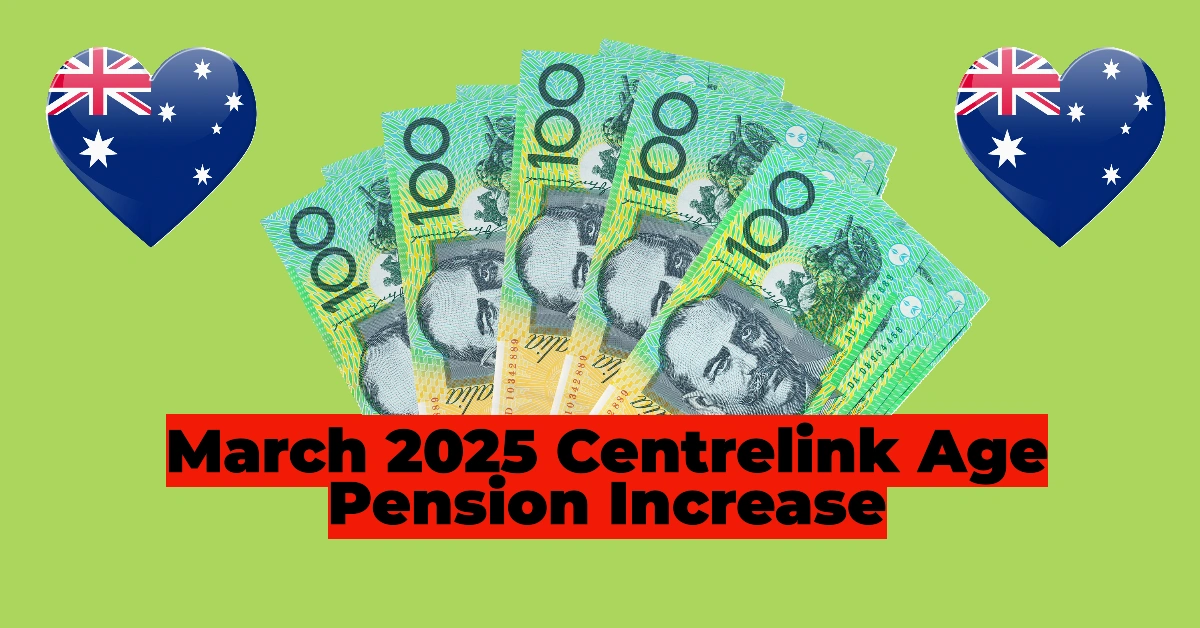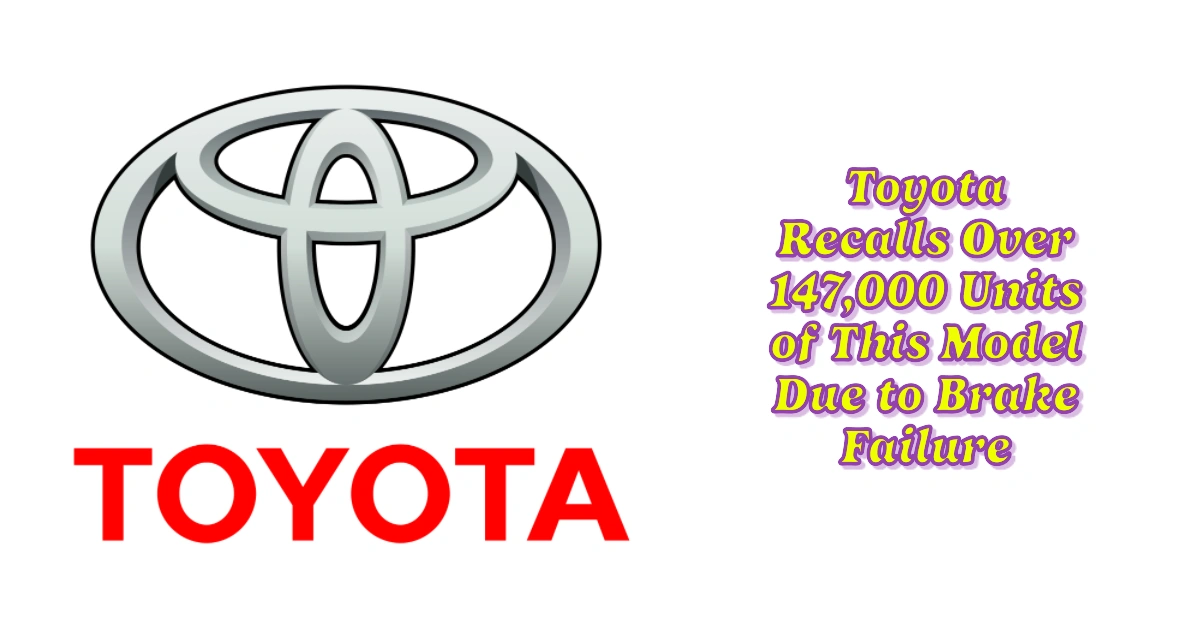The Waterloo Region Council has been locked in intense discussions regarding the 2025 budget, with property tax hikes and service cuts at the center of the debate. After a marathon meeting earlier this month failed to set the budget, councillors reconvened Thursday and Friday to make critical decisions.
Table of Contents
A Closer Look at the Tax Increase
After hours of deliberations, councillors initially reduced the proposed property tax hike from 10.45% to 9.79%. However, by the end of Thursday’s session, the rate had slightly risen to 9.83%. When discussions resumed Friday, the tax levy impact stood at 9.89%, factoring in a police budget increase of 8.56%.
According to Chris Wilson, the region’s manager of corporate budgets, this translates to an overall tax levy impact of 9.48%. For the average property owner in Waterloo Region, this increase equates to approximately $241 more per year. However, the “average property value” used in this calculation is based on 2016 figures, which assessed the average property at $354,500.
Contentious Budget Debates
Councillor Concerns Over Tax Burden
Regional Councillor and Kitchener Mayor Berry Vrbanovic voiced strong opposition to the nearly double-digit tax increase.
“I think if we’re actually bringing forward a budget of this increase at a fiscally difficult time for so many people… it is abdicating our collective responsibility,” Vrbanovic said. He expressed concern that the budget would worsen homelessness and increase financial hardship for residents, prompting his decision to vote against it.
Defending the Budget
Regional Councillor Robert Deutschmann pushed back, highlighting the budget’s efforts to address pressing issues.
“I will not accept someone saying we’re going to make more people homeless,” he said. Deutschmann emphasized the region’s investments in homelessness support and criticized the provincial government for failing to adequately fund municipalities.
He added, “We spent almost $200 million on provincial initiatives with the local levy. If our budget has to be higher, it’s because we have to step in and decide who we want to help and how we want to help them.”
Provincial Responsibility in the Spotlight
Several councillors pointed to provincial shortcomings as a driving factor behind the budget challenges.
“We’re seeing governments announce rebate checks and HST holidays while we’re having to decide if we’re going to cut dental care for our most vulnerable or provide social housing for homelessness that we can see every day on our streets,” said Regional Councillor Mike Harris.
Budget Highlights: Investments and Cutbacks
Despite the debates, the council approved the 2025 budget, which includes:
- Increased Funding for Paramedics: To address growing healthcare demands.
- Enhanced Extreme Weather Supports: Focused on assisting individuals experiencing homelessness.
- Expanded Bus Services: Aimed at reducing overcrowding on public transit routes.
However, to keep costs down, certain measures were implemented, such as delaying the reopening of Doon Village until 2026.
$500 One-Time Ontario Seniors Homeowners Property Tax Grant: Eligibility and Payment Dates
$675 Stimulus Check and Eligibility: What Types of Homes Qualify for the Property Tax Rebate?
City Tax Hike Remains at 2.65% After Monday Review
How to Earn a Tax-Free Paycheque Every Month with Your TFSA
While the 2025 budget reflects efforts to balance community needs and financial limitations, the discussions have underscored a broader concern: the strain on municipalities to fund essential services amid insufficient provincial support. With property owners facing an average increase of $241 per year, the debate over tax hikes versus service cuts is likely to continue in Waterloo Region.








